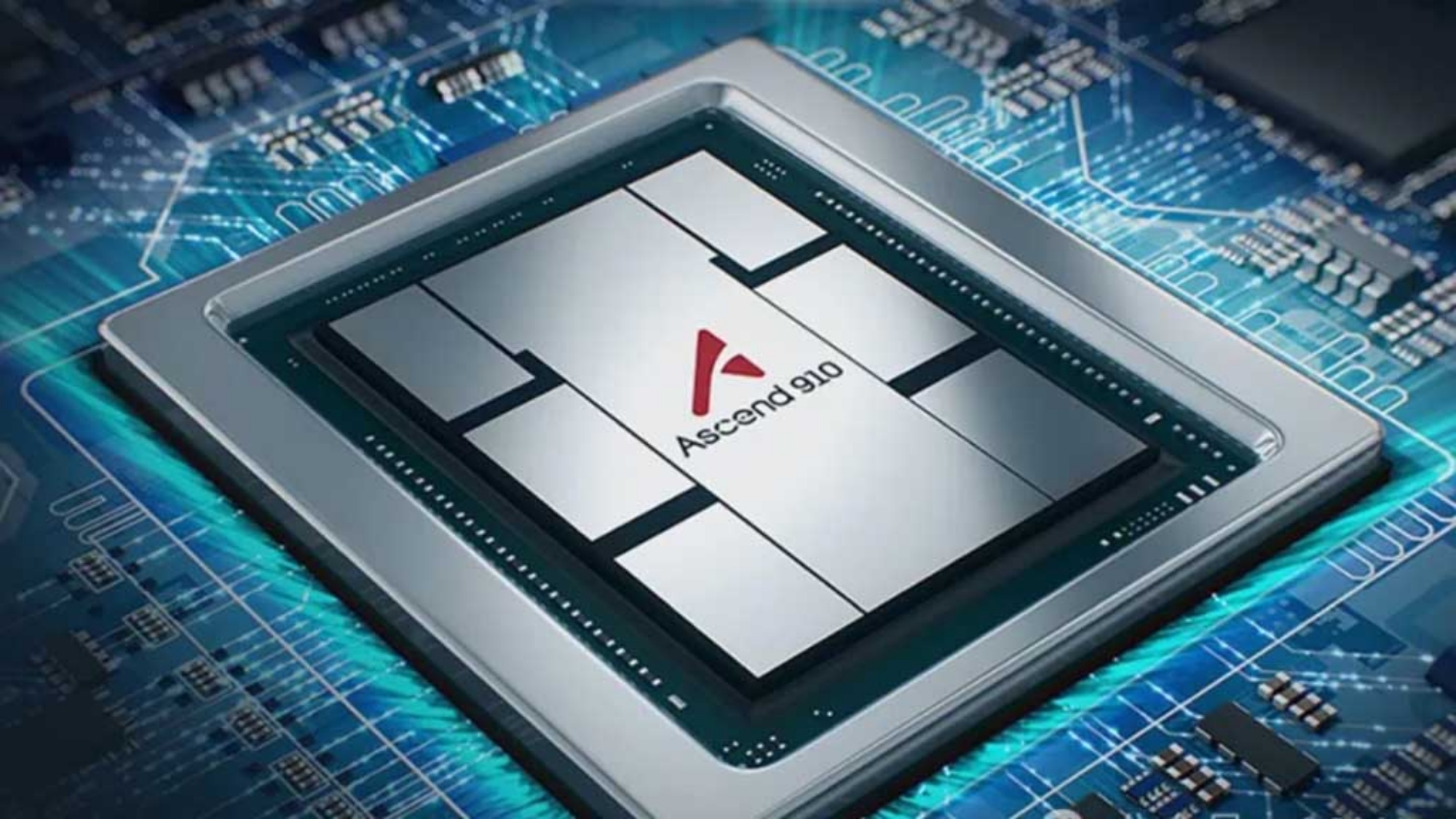Earlier this week, Deputy Comms Minister Teo Nie Ching announced the launch of the Strategic Artificial Intelligence Infrastructure, which is reportedly Malaysia’s first sovereign full-stack AI ecosystem. Now, the Ministry of Investment, Trade, and Industry (MITI) has clarified that the initiative, which involves Skyvast Corporation and Huawei Technologies, was not developed, endorsed, or coordinated by the government.
MITI further explained that the project was not part of any government-to-government agreement or nationally mandated technology programme. The ministry also noted that while the government is eager to build up AI-based infrastructure to improve the public sector capacity and services, projects of such significance require an appropriate level of legal, operational, and reputational processes and due diligence. The ministry also reiterated that Malaysia remains committed to full compliance with all applicable export control laws, national security directives, and emerging guidance from global regulatory authorities.

On Monday, Teo had claimed that the country would be the first to activate Huawei’s Ascend GPU-powered AI servers at a national scale. The deputy minister also allegedly remarked that 3,000 units would be deployed by 2026. However, Bloomberg reached out to Teo’s office the following day and was told that her statements on Huawei are being retracted. Furthermore, a Huawei representative refuted the claim that Ascend chips were sold to the Malaysian government.
Right now, it is unclear if the AI infrastructure project will go ahead as planned. The initial announcement had drawn the attention of the US government, which is trying to prevent China from gaining a foothold in foreign AI markets. The US Commerce Department recently warned overseas companies that using Huawei’s Ascend chips “anywhere in the world” could violate US export controls, although it has since amended the statement to remove the globally focused language.
(Source: The Star)


